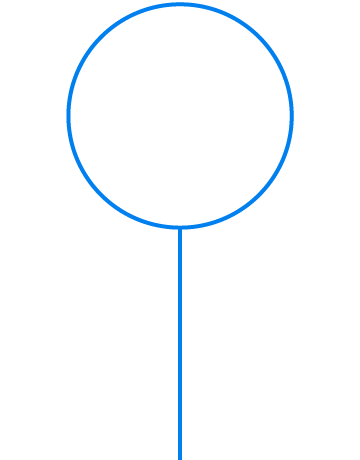
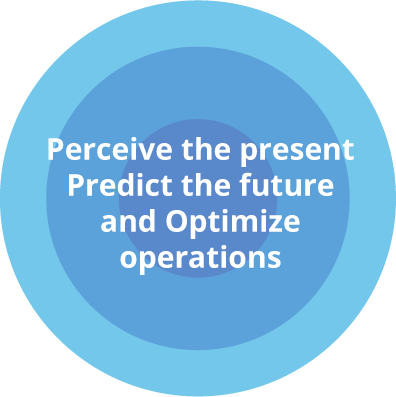
Are you sure you have the data you need?
Are you using your data in the right way to meet your objectives?
Based on the message of our vision for the future of AI, " Perceive the present, Predict the future, and Optimize operations," Yokogawa is promoting the use of AI in a wide range of fields to solve customer's problems. To further drive innovation in industrial AI, Yokogawa has initiated the AI Center of Excellence (CoE). Four key members of the AI CoE talk about how Yokogawa is utilizing AI from their respective perspectives. Please take a look at the interesting videos.
Evolving megatrends have led to challenges in the business environment for many industrial and energy firms.
Yokogawa has identified key priority areas where Industrial AI can help firms navigate these business challenges and improve business outcomes.
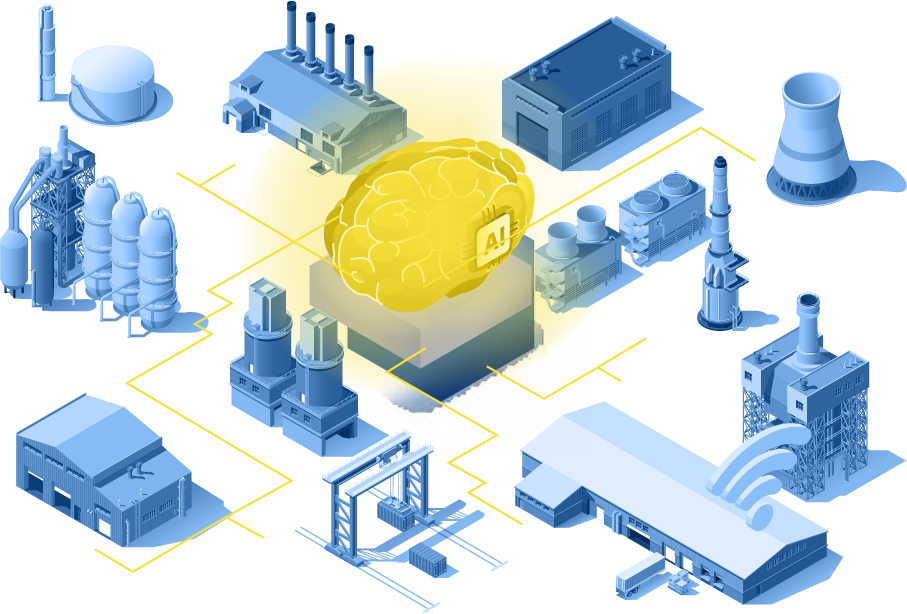
Improve the yield and efficiency of an industrial plant by using AI to optimize the design of facility layout
Reduce energy usage, manufacturing costs by using AI to monitor, control and extract peak performance levels from assets and labor
Reduce losses in production by quickly detecting and/or proactively predicting damage to equipment
Reduce costs and time to market by monitoring and managing the movement and storage of raw materials and finished goods
Monitor raw material quality, manufacturing machinery, labor practices to understand their impact on the quality of output
Analyze best practices of high performing plant operations and use insights to provide live digital support to all operators across the firm
Integrating manufacturing OT systems with networked IT hardware and software while minimizing cybersecurity risks

Ready to take the next step forward in your digitalization journey?
Contact Us